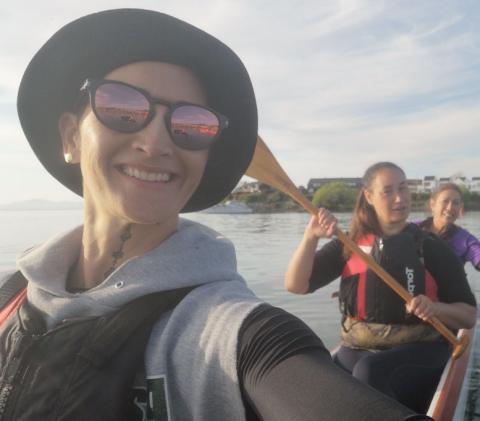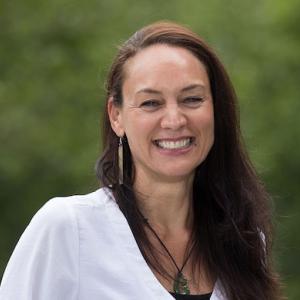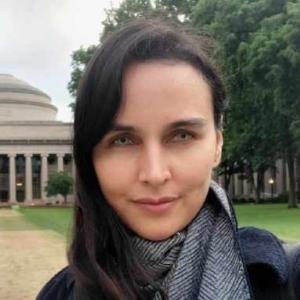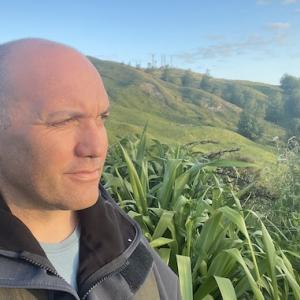
Summer is a prime time to make the most of being out in nature and use the time outdoors to uplift and rejuvenate.
AUT Senior Lecturer Deborah Heke (Ngāpuhi, Te Arawa) knows more than most how important the connection is between personal hauora and nature. As a former personal trainer, she observed it occurring many times. The influence of her previous career is evident in her latest research project, ‘Whakarongo, titiro, korikori kōrero ki ngā wāhine – exploring embodied and reciprocal healing relationships with our natural environments’. Funded by a NPM Matakitenga grant, the project looks at how Māori and Indigenous women use movement in te taiao to bring about healing.
Deborah’s prior research showed that when wāhine are in places that are meaningful to them, it often results in an emotional and spiritual ‘remembering’. Her current research aims to explore these relationships further.
“Often when we go to somewhere that holds significance for us, something happens. It can be anything from walking your dog and saying karakia in the park, or it might be a raranga practitioner who has a close relationship with harakeke - when it is a ritual that you are embodying in that place and practice, there is some amazing healing power in that. You are being active, but there is something in that relationship with place and that ritual that I am really interested in,” she says.
“I want to understand how we embody special places in order to make ourselves feel better and also to understand how we reciprocate that – to give back to those places as a way of healing te taiao. I am interested in how we form relationships with places as a way of healing ourselves and Papatūānuku,” she says.
Deborah believes womens’ bodies are often a metaphor for what is happening in te taiao and that stories are a powerful way to convey messages. “We are mirrors of the land. A lot of things we share around our narrative and stories with the land are quite strongly linked with what happens with us in our own bodies. I think there is some really lovely potential in how we can use stories of our own embodiment as a way of telling stories of the land and we can use this to heal ourselves and heal the land as well. I’m interested in what’s possible in that relationship.”
As part of her research, Deborah will be undertaking wānanga and talking with women one-on-one out in their significant places. Her research will be done alongside and with women rather than about women. “I realised from previous research that a powerful way to know people is through the things they do, their activity, and places they connect to. Physical activity or movement was like a shared language we were able to speak.”
Deborah says in the busyness of everyday lives women often forget to connect to te taiao but in times of stress these rituals are very important. One aim of her research is to help women remember their special connection to the environment because she believes it leads to better physical, mental, and spiritual wellbeing. “The land remembers us; we just need to remember the land. In that remembering, I think there’s real healing potential.”
She says people often have multiple things going and forget to practise beneficial rituals. “Sometimes you need to go out to nature to ground yourself with Papatūāuku and get extra energy from her. Those small little practices in nature might take 10 or 15 minutes but they are really beautiful things to do,” she says.
As part of her project Deborah will create short reels for social media that are specifically aimed at wāhine, encouraging them to remember and ritualise their practice of embodying their connection to nature.
“In our everyday lives, I want women to shift their focus to doing simple things to heal themselves and te taiao at the same time. Keep it simple – starting small or enacting our own microclimate action with the things we have control over. I think there is real power in that.”
He Kōrero | Our Stories
Natalie Netzler is investigating the anti-viral properties of Samoan plants and is interested in researching the anti-viral properties of rongoā, in partnership with Māori practitioners.
Neuroscientist Nicole Edwards is establishing her own lab at the University of Auckland and is eager to tautoko students interested in a career in brain research.
Tairāwhiti local Manu Caddie is a vocal critic of forestry companies engaged in unsustainable land practices in the rohe. He shares his insights on what needs to change.


